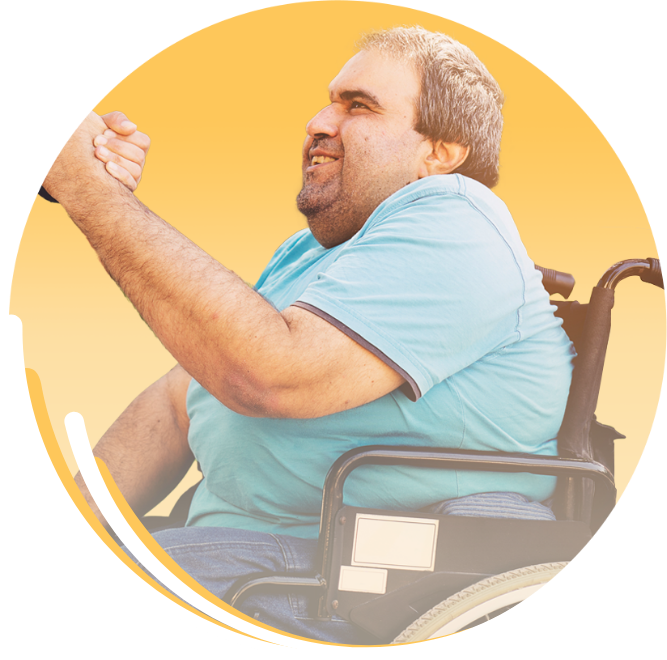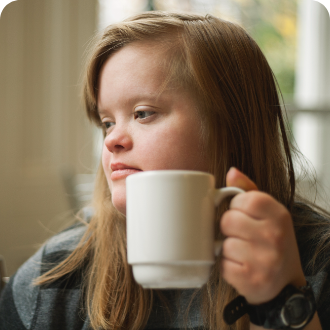People with Disabilities
One in four adults—61 million people—has a disability.39 Some are physical and visible while others are cognitive and can’t be seen. Each person and their condition is different and requires a tailored response. Coping with a mental health challenge can present unique stress to people with disabilities. And many people with disabilities may face barriers to accessing treatment due to stigma or stereotyping. Scroll down to learn more about these challenges and find resources that offer support and understanding.



Feelings of Loneliness
Many people with disabilities face isolation, which was made worse by the stressors of the past year and a half.

Physical Challenges
People with disabilities may cope with immobility or extreme pain, which can take a toll on their mental health.

Coping with Stigma
Many people with disabilities face additional financial stress from discrimination in employment, housing, health care, and insurance.

Mental Distress
Adults with disabilities are 5 times more likely to report feeling mental distress frequently.40 In 2018, nearly 33% of adults with disabilities reported having 14 or more mentally unwell days in a 30 day period.41 Mental distress is associated with increased chronic disease and mental health challenges, and limitations in daily life.
Resources That Help
Whether you’re looking for help for yourself or looking for tips on how to help someone else, It’s Up to Us can link you to resources designed specifically to address the needs of people with disabilities.
Use Our Resource Tool& Substance Use Disorders




